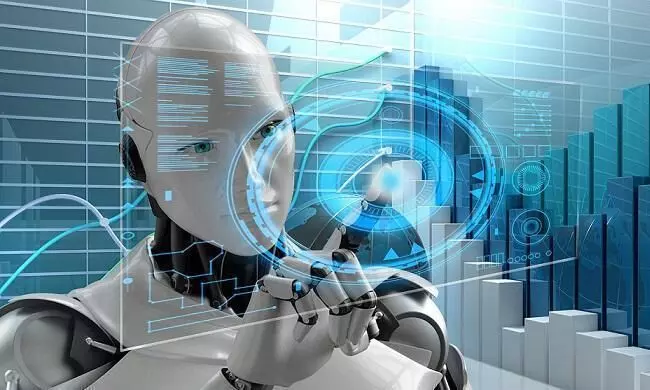
Study reveals AI's potential to reduce belief in conspiracy theories
text_fieldsA groundbreaking study has shown that artificial intelligence (AI) can effectively reduce belief in conspiracy theories, such as those surrounding fabricated moon landings and microchip-laced Covid-19 vaccines.
Led by Dr. Thomas Costello, an associate professor at American University, the research challenges the notion that conspiracy believers are unlikely to change their views.
The study utilized an AI tool called "DebunkBot" to engage 2,190 participants who held conspiracy beliefs.
The AI interacted with participants in a three-round conversation, where they discussed their conspiracy theories and provided supporting evidence. After these conversations, participants rated the truth of their beliefs on a 100-point scale.
The results showed a 20% drop in conspiracy belief among those who engaged with the AI, with one in four participants abandoning their belief entirely by the end of the experiment.
Dr. Costello noted that while AI often made people more skeptical or uncertain, in some cases it completely dissuaded participants from their conspiracy beliefs. These effects persisted for at least two months and were effective across most conspiracy types, except those rooted in factual information.
The study highlights AI’s potential role in combating misinformation, particularly on social media. However, experts like Professor Sander van der Linden of the University of Cambridge raised questions about how willing people would be to engage with AI in real-world scenarios and how the AI was able to successfully influence participants using methods like empathy and affirmation.
Overall, the research suggests AI may play a significant role in reducing the spread of misinformation and helping individuals reconsider conspiracy beliefs.























